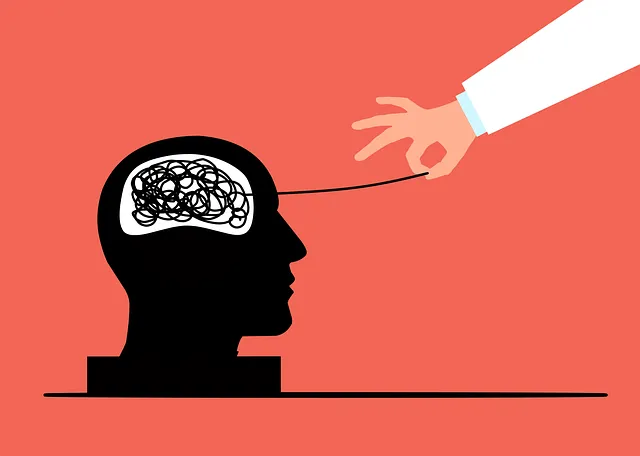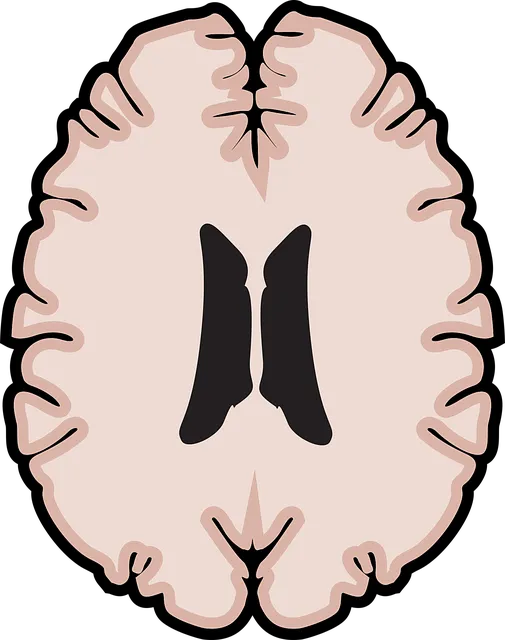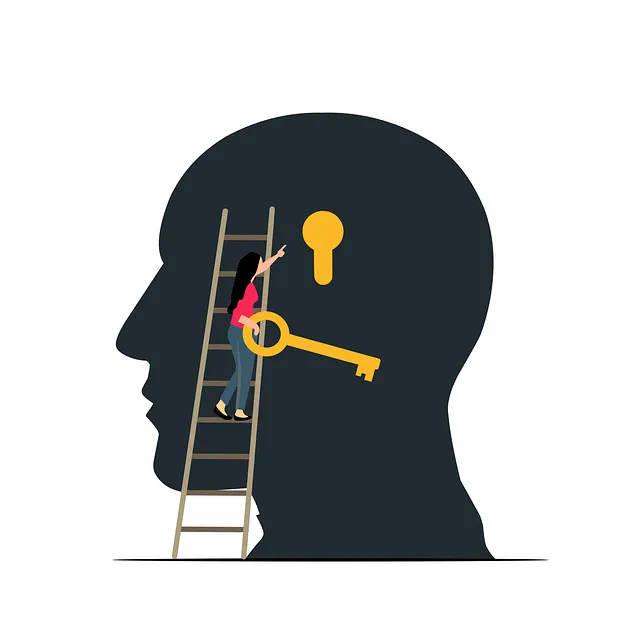In today's fast-paced world, prioritizing mental wellness is crucial, especially in communities with limited resources like Lakewood. The Kaiser Permanente mental health phone number Lakewood offers a key resource, complemented by self-assessment tools that empower individuals to monitor their mental health, build positive thinking skills, and foster connections through empathy strategies. Community outreach programs guided by these data ensure targeted interventions and efficient resource allocation. By promoting confidential self-reflection and providing tailored programs, Kaiser Permanente enhances mental wellness, catering to diverse populations and modern needs in the digital era. Self-assessment frameworks should target emotional well-being, thought processes, and coping strategies, with AI and machine learning integration for personalized recommendations, real-time monitoring, and adaptive questioning.
Mental wellness self-assessment tools play a crucial role in empowering individuals to take charge of their mental health. As recognized by organizations like Kaiser Permanente, these tools provide accessible and private support. This article explores the development of such tools, focusing on Kaiser Permanente’s innovative approach and the success of their mental health phone line, Lakewood. We’ll delve into key components for effective frameworks and discuss future strategies for continuous improvement, highlighting the importance of resources like the Kaiser Permanente mental health phone number and Lakewood in fostering better mental wellness.
- Understanding the Need for Self-Assessment Tools in Mental Health
- Kaiser Permanente's Approach to Mental Wellness Support
- Incorporating Phone Resources: The Lakewood Mental Health Line
- Key Components of an Effective Self-Assessment Framework
- Future Directions and Continuous Improvement Strategies
Understanding the Need for Self-Assessment Tools in Mental Health

In today’s fast-paced world, prioritizing mental wellness is more critical than ever. Traditional mental health services often lack accessibility, leaving many individuals seeking alternative ways to assess and improve their psychological well-being. This need is especially pronounced in communities like Lakewood, where limited resources can make professional support less readily available. The Kaiser Permanente mental health phone number Lakewood serves as a crucial touchpoint for those seeking guidance, but self-assessment tools play a vital role in bridging the gap.
By empowering individuals to proactively monitor their mental health and cultivate positive thinking skills, these tools can be game-changers. Empathy building strategies incorporated within such assessments foster deeper understanding and connection, enhancing support networks. Moreover, community outreach program implementation guided by self-assessment data enables targeted interventions, ensuring resources are allocated effectively to address specific needs.
Kaiser Permanente's Approach to Mental Wellness Support

Kaiser Permanente, a healthcare organization renowned for its comprehensive approach to wellness, offers a unique and accessible method of mental health support through phone-based services. The Lakewood location, in particular, provides a dedicated line for individuals seeking assistance, reflecting the company’s commitment to community mental health. This strategy not only caters to those who may face barriers to accessing traditional therapy but also promotes a convenient, confidential space for self-reflection and guidance.
By incorporating phone-based interventions, Kaiser Permanente ensures that Self-Awareness Exercises and Trauma Support Services are readily available. Their design focuses on empowering individuals with the necessary tools to manage their mental health proactively. Additionally, they offer Mental Health Education Programs tailored to diverse populations, fostering a deeper understanding of mental wellness and encouraging early intervention.
Incorporating Phone Resources: The Lakewood Mental Health Line

Incorporating phone resources like the Lakewood Mental Health Line is a strategic move to enhance mental wellness and emotional well-being promotion techniques. This dedicated line offers a confidential space for individuals to connect with trained professionals who can provide support, guidance, and valuable resources for managing stress and improving overall mental health. The service is particularly appealing to those seeking convenient and accessible support, aligning with the growing need for at-home solutions during today’s digital era.
The Lakewood Mental Health Line exemplifies how simple initiatives can significantly impact community mental wellness. By offering a Kaiser Permanente mental health phone number Lakewood residents and beyond can easily access essential services, fostering an environment that prioritizes stress management and promotes a healthier, more balanced lifestyle. This approach ensures that individuals receive timely support, potentially preventing issues from escalating and encouraging proactive engagement in maintaining mental wellness.
Key Components of an Effective Self-Assessment Framework

An effective self-assessment framework for mental wellness should incorporate several key components to ensure comprehensive and accurate evaluation. Firstly, it must include a range of questions or prompts that delve into various aspects of an individual’s psychological state, including their emotional well-being, thought patterns, and coping mechanisms. This could involve assessing symptoms of common mental health issues, such as anxiety or depression, while also exploring positive areas like resilience and life satisfaction. By covering both sides, the assessment provides a holistic view of one’s mental wellness.
Additionally, incorporating evidence-based practices in the framework can greatly enhance its effectiveness. For instance, integrating questions related to mindfulness meditation practices has been shown to benefit emotional healing processes. This could be particularly relevant when considering resources available through organizations like Kaiser Permanente, which offers mental health phone numbers for support. Public awareness campaigns development should also be considered, as they can contribute to breaking down mental health stigma and encouraging individuals to take charge of their own wellness through self-assessment and subsequent action.
Future Directions and Continuous Improvement Strategies

As technology continues to advance, future directions for mental wellness self-assessment tools could involve integrating AI and machine learning algorithms to provide personalized feedback and recommendations. These advanced systems can analyze vast amounts of data to identify patterns and offer tailored interventions, enhancing the accuracy and effectiveness of assessments. Additionally, incorporating features like real-time monitoring and adaptive questioning can ensure that tools remain dynamic and responsive to users’ evolving needs.
Continuous improvement strategies should focus on user feedback mechanisms, regular updates based on clinical research, and integration with existing healthcare systems, such as those offered by Kaiser Permanente mental health phone number Lakewood. Expanding access through community outreach programs and mobile applications could significantly impact mental wellness coaching programs development. Implementing these strategies not only improves the reach but also ensures that self-assessment tools remain relevant, evidence-based, and aligned with best practices in mental health care, ultimately contributing to better Anxiety Relief within communities.
Mental wellness self-assessment tools play a pivotal role in promoting individual awareness and early intervention. As evidenced by Kaiser Permanente’s successful implementation of support systems and Lakewood Mental Health Line, integrating accessible resources like phone services can significantly enhance community well-being. By focusing on key components such as adaptability, evidence-based practices, and user-friendly design, these tools can effectively contribute to the ongoing improvement of mental health care. The future lies in continuous innovation, ensuring that self-assessment frameworks keep pace with evolving needs, ultimately fostering a healthier and more resilient society.






